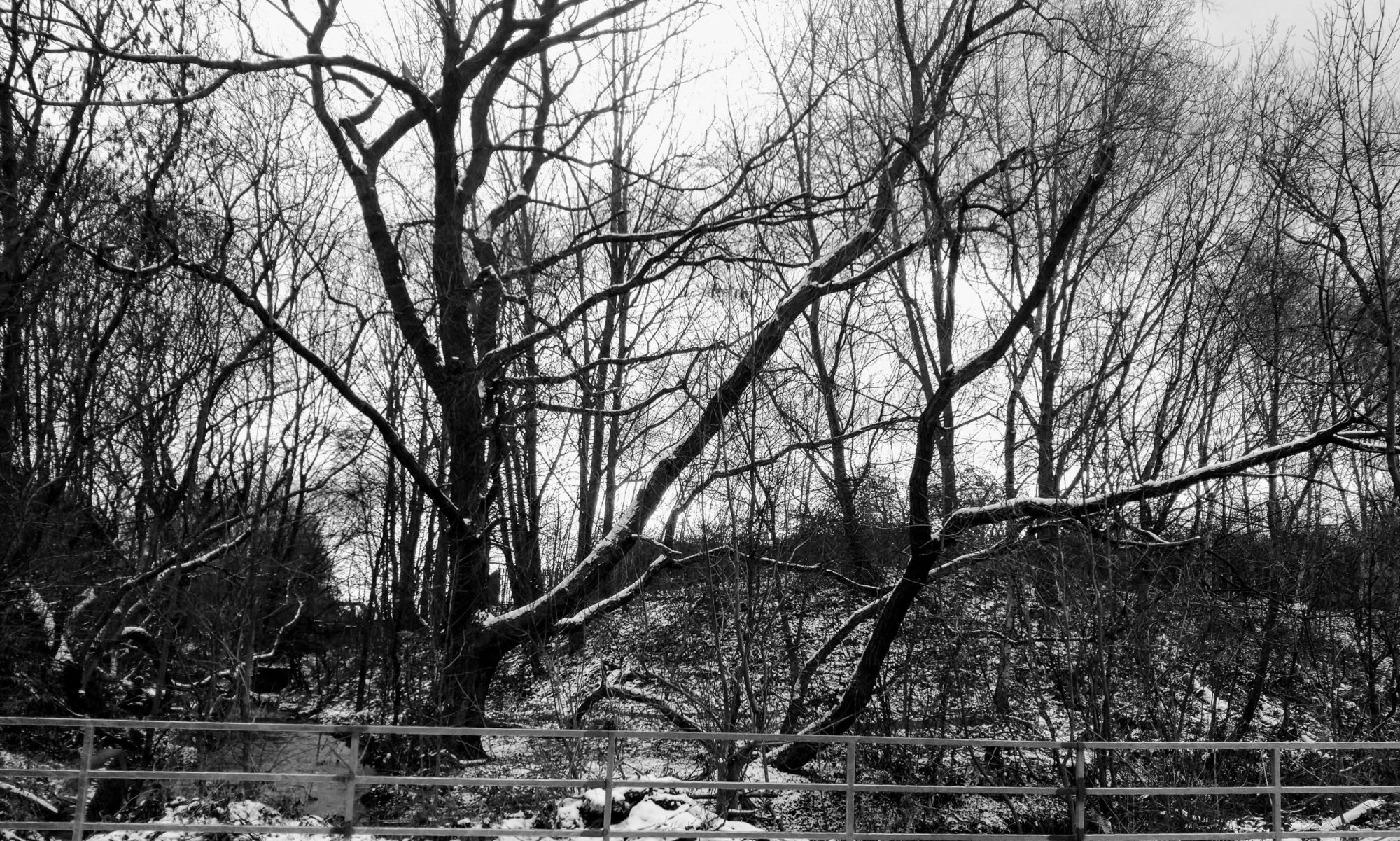Yesterday evening, I went to the village of Bradbourne, to talk about ‘what the Reformation ever did for Bradbourne’ as part of the 500 Reformations project. It was my first visit to the village, and I’d like to go back: Apart from anything else, I arrived and left in the hours of darkness and have yet to see the wall painting which provided the local jumping off point to my talk. Also, my co-speaker and I had a warm reception from an audience of 38 people and a dog. That’s about a third of Bradbourne’s population.* It was a full house. Continue reading “500 Reformations of Bradbourne”
dataAche
Earlier this month, I made the 6-hour rail journey to Plymouth to participate in the Digital Research in the Humanities and Arts conference, dataAche. I was there to participate in a panel organised by Gabriel Egan, around the theme of “the author’s unseeing eye”. Continue reading “dataAche”
LDNA in Studia Neophilologica
In mid-June, Studia Neophilologica published online the first peer-reviewed article from the Linguistic DNA project:
Linguistic DNA: Investigating Conceptual Change in
Early Modern Discourse
Susan Fitzmaurice, Justyna A. Robinson, Marc Alexander,
Iona C. Hine, Seth Mehl, and Fraser Dallachy. Continue reading “LDNA in Studia Neophilologica”
Tools for EEBO-TCP & the challenge of reproducibility
After a gap in posts, this is a somewhat epic effort, following up on a “Language and Society” seminar with University of Sheffield History students this morning. Alongside an overarching interest in “reproducibility”, it contains:
- A description and tips for EEBO-TCP tools including the main Continue reading “Tools for EEBO-TCP & the challenge of reproducibility”
Lost books and Archbishop Parker
“Keeping printers busy and rich was a far more effective assurance of loyalty than any regime of censorship. [. . .] To understand the economy of print is not to turn one’s back on the world of ideas. It is a necessary prerequisite to understanding that world.” 1
As the past tense of that first sentence suggests, in this post I’m moving away from contemporary politics and back into the world of book history. Yet reading these words from the close of Pettegree’s “Legion of the Lost”, I found myself translating his remarks to the present. Continue reading “Lost books and Archbishop Parker”
One year on
22 April 2015: It was a bright sunny morning and the taxi driver was keen to impart his tricks for the best route into town. (Look, no traffic lights!) It was also the day I was offered the job on Linguistic DNA.
Before Linguistic DNA, I looked to EEBO-TCP to provide context for shifts in the language of bible translation. It was quantifiable language data, enabling me to work out a loose comparison between the first century of English print (-1569) and the fifty years that followed (-1619) and so sample language change between Continue reading “One year on”




